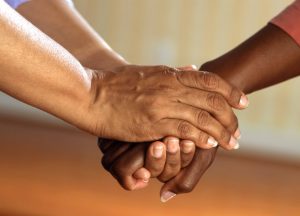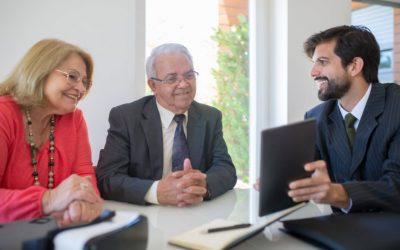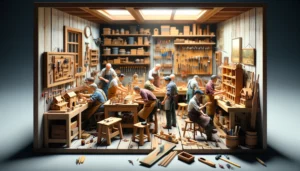 Professionals in the direct service business are really in the business of ‘stewardship.’ The problem is that too few know this.
Professionals in the direct service business are really in the business of ‘stewardship.’ The problem is that too few know this.
It is not about transactions, products or documents – it is all about taking temporary ownership over some important element of someone else’s life – whether it is an aspect of their health needs, financial needs, service needs or family support. And no matter how mundane the service may appear on the surface, it is still a sacred trust.
This hit home for me when I came to know our previous neighbours, Mr. and Mrs. H. Married for over 60 years, they had purchased their home brand new 40 years prior to us moving next door. True to the characteristics of their cohort, they took great care of their home inside and outside, as well as the surrounding landscapes. The hardwood floors were polished like a bowling alley, the yellow and black tile countertops showed little wear, and the outside grass rivaled any top-level golf green.
One day, Mr. H. came to our door to let us know that he begrudgingly needed to put the house up for sale. Their health was starting to deteriorate, and he feared that they could no longer look after the house and yard in the manner they had for the past decades. With his strong English accent, he stated categorically that their home would not go downhill on his watch!
We didn’t want to lose them as neighbours and explored how they might get some help so that they could continue to live in their home. Finally, Mr. H. agreed to at least engage with a lawn-mowing service.
All went well for approximately 6 weeks. Early one evening, Mr. H. appeared at our door, angry as a hornet, and let us know that the house was for sale and the sign was up on the lawn – and sure enough, it was. We were shocked! What about all our great and clever ideas to help them to ‘age in place?’
When we asked Mr. H. what had happened to change his mind so abruptly, he said, ‘The lawn mowing guy didn’t show up yesterday.‘
After a few moments, I came to realize that it was never about the grass.
It was about ‘Stewardship.’
It was about ‘Respect.’
It was about the simple value of ‘doing what you say you are going to do.’
With trepidation, Mr. H. placed the stewardship of his lawn maintenance in someone else’s hands. Had they cared enough to notice, they would have recognized that Mr. and Mrs. H exercised outstanding stewardship over their belonging and the management of their lives, and to hand even a small portion of that responsibility over to another represented a contract of trust. That trust was violated and it only took one missed appointment with no call and no explanation.
Think for a moment about the stewardship of any aspect of your quality of life, quality of death, and quality of legacy. The businesses and professionals serving you should be humbled by the opportunity and responsibility to assume any role – large or small.
We know that trust is slowly built and easily lost. It’s rarely just the big frauds that erode trust, it is often the day-to-day oversights.
- Not arriving on time,
- Missed appointment,
- Sloppy or late follow-up,
- Forgotten call,
- Cavalier comment.
- Failure to make the effort to see the people, the fears, the needs, and the joys behind the transaction.
Consider the risks involved in trusting others. It could go deeper than you think.
It is said that we teach people how to treat us. That behooves us to take some time to explore what stewardship means to us, define it, and to communicate our expectations with the those wanting our business.
Friedrich Nietzsche summed it up well when he wrote:
“I’m not upset that you lied to me, I’m upset that from now on I can’t believe you.”
Rhonda Latreille, MBA, CPCA
Founder & CEO
Age-Friendly Business
Trust and Successful Aging

Research shows that those who scored high on the Rotter Interpersonal Trust Scale revealed higher health self-ratings with improved functional health, psychological well-being, and follow-up data indicated that they ultimately lived longer.
Be Better
“The goal is not to be better than the other man, but your previous self.”
The Dalai Lama






